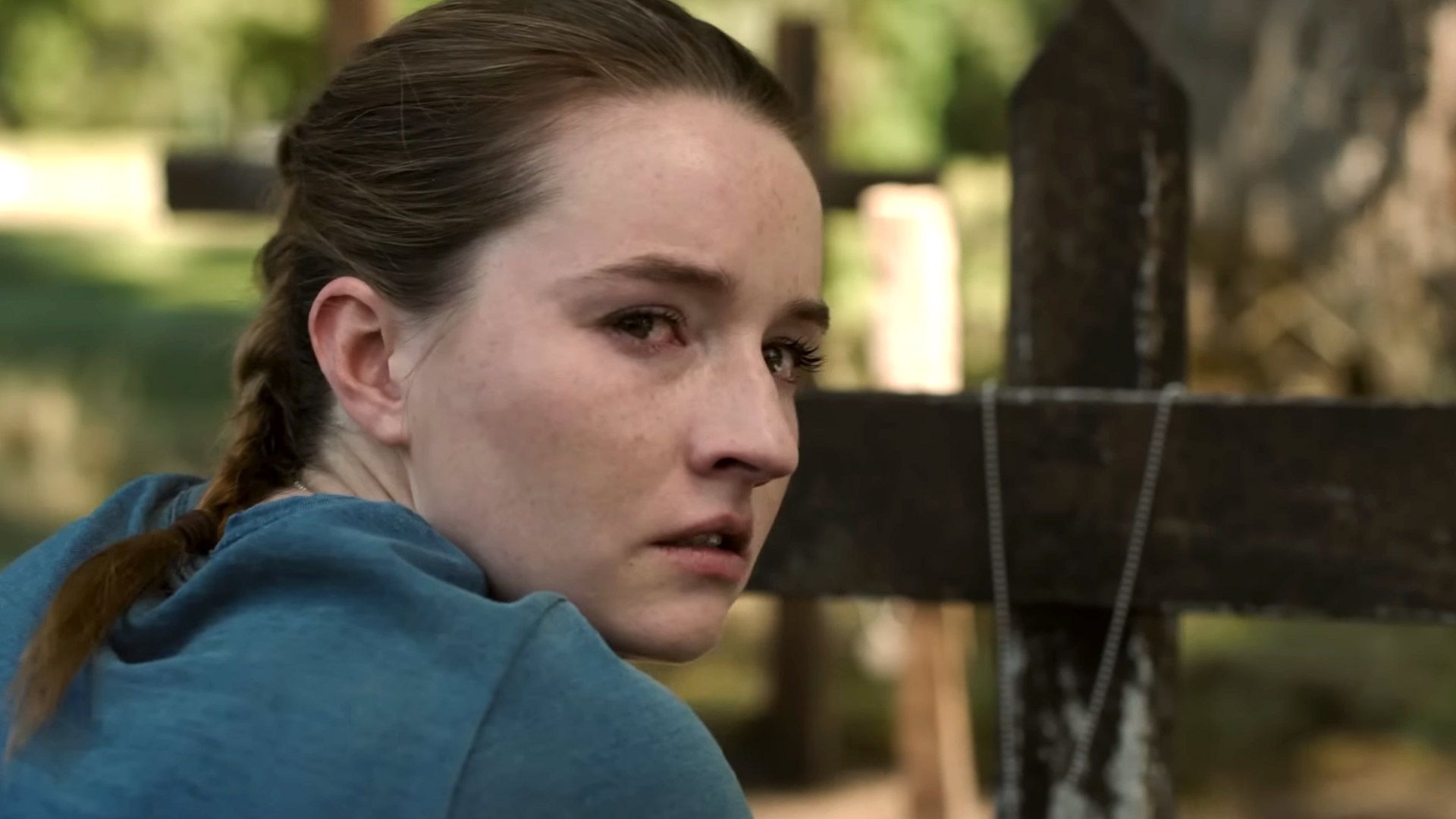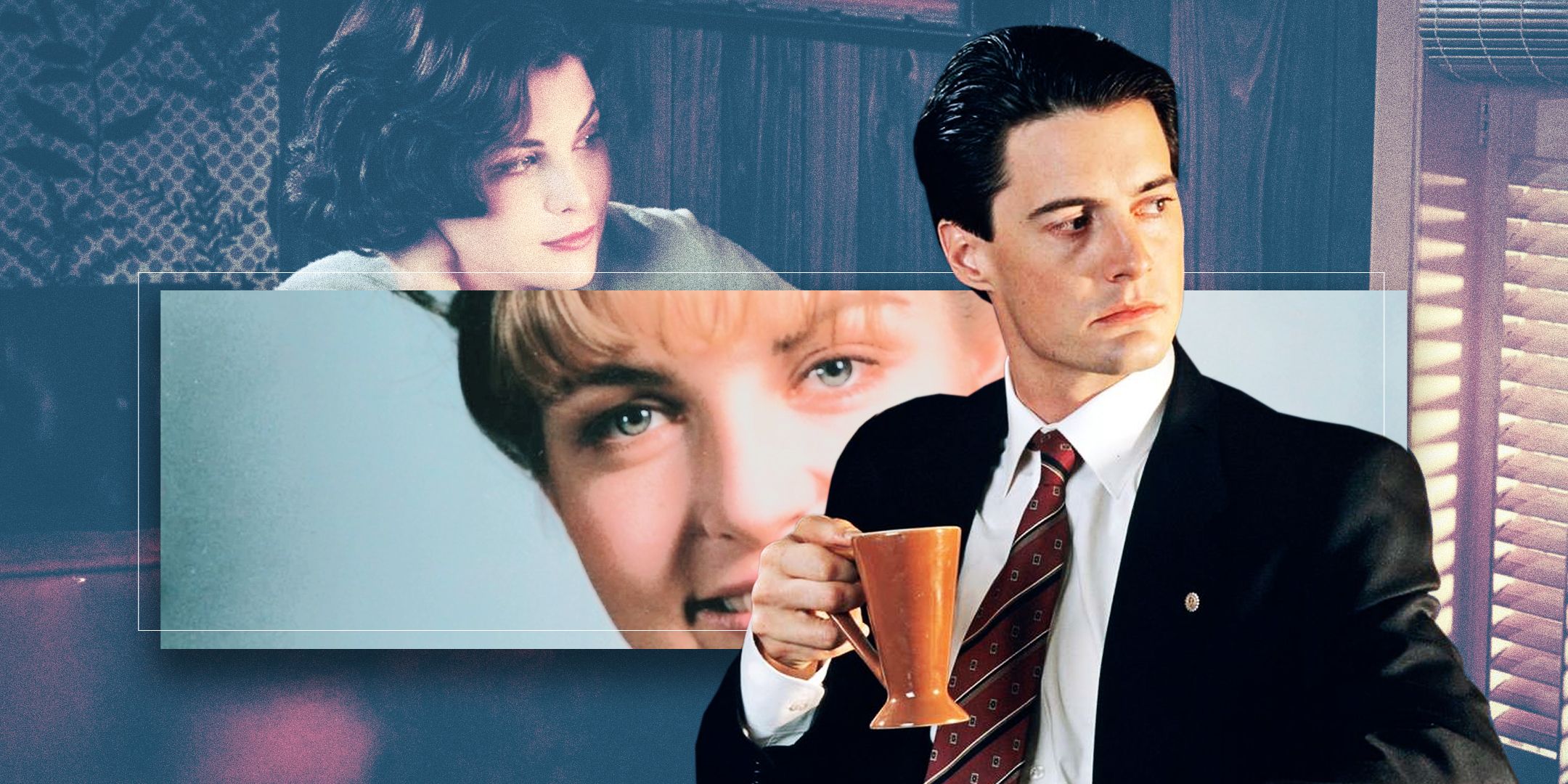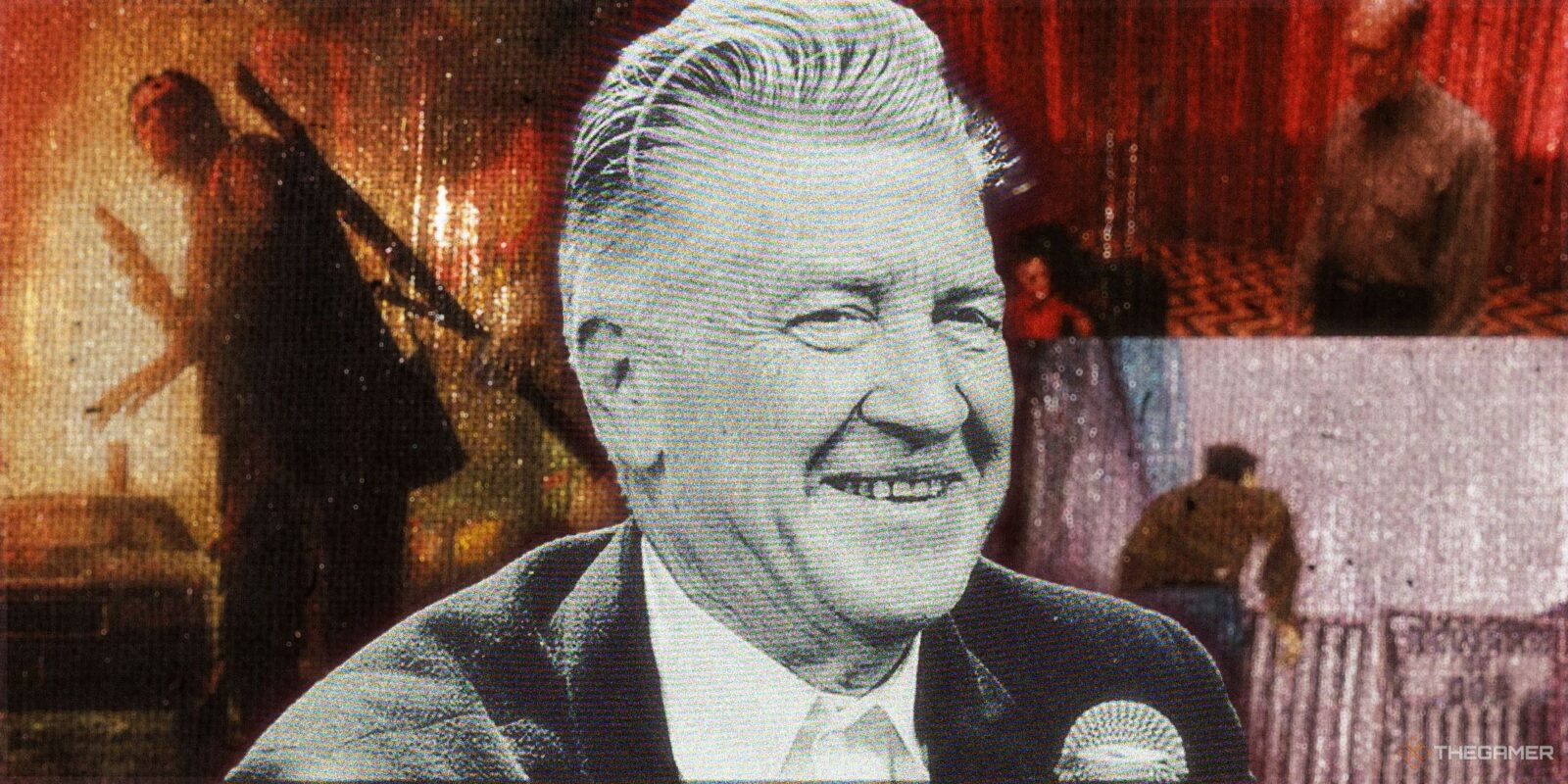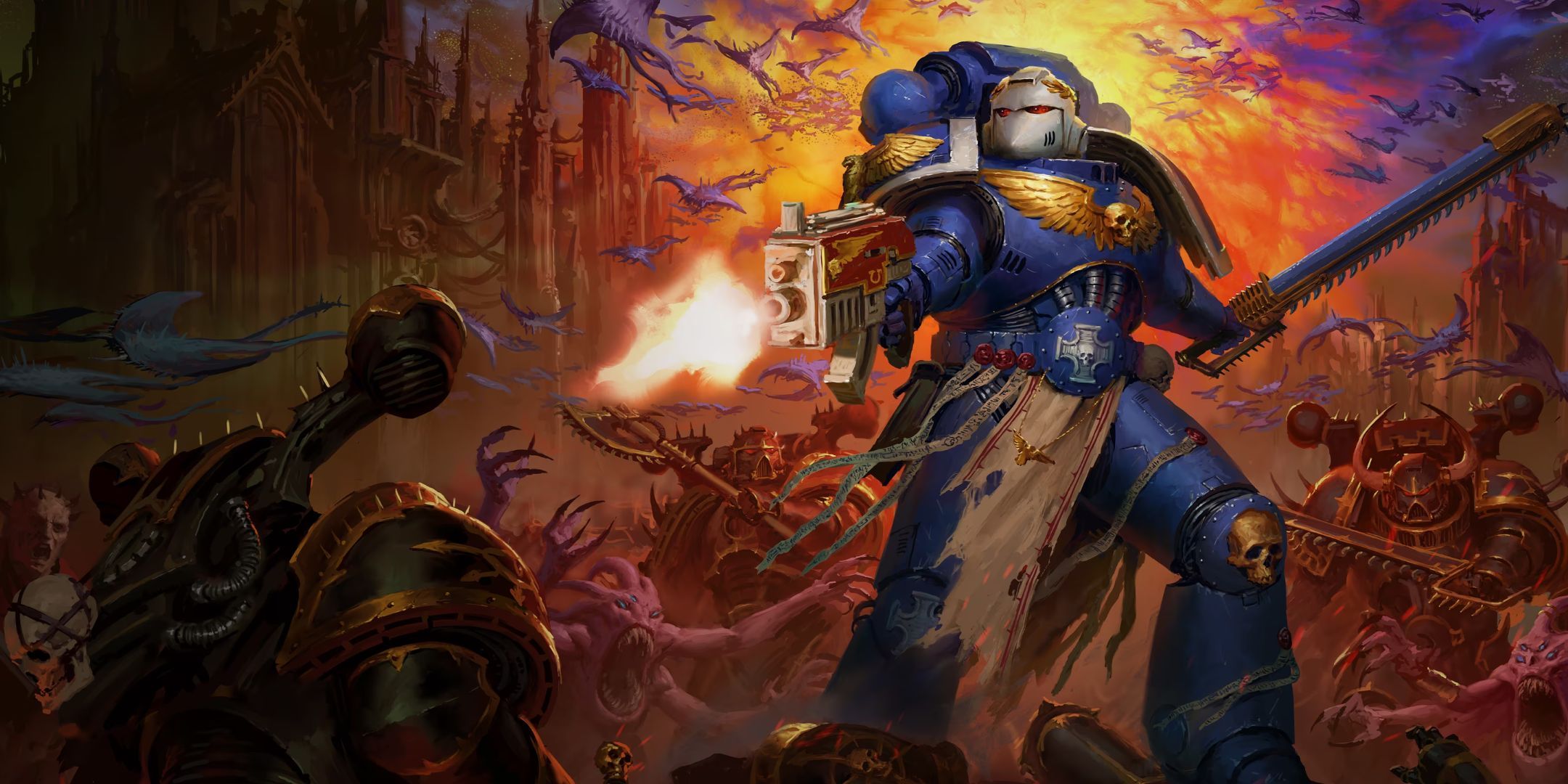Be extra nice to your local film enjoyer for the next few days, because we’re in mourning. David Lynch, the legendary director behind Twin Peaks, Mulholland Drive, and countless other cult classics, has died at 78.
His family announced his death in a Facebook post that said, “It is with deep regret that we, his family, announce the passing of the man and the artist, David Lynch. We would appreciate some privacy at this time. There’s a big hole in the world now that he’s no longer with us. But, as he would say, ‘Keep your eye on the donut and not on the hole.’
“It’s a beautiful day with golden sunshine and blue skies all the way.”

Related
The Last Of Us Season Two Will Be Just As Faithful As The First
Expect golf clubs, Jeffrey Wright, and plenty of bloodshed.
David Lynch Was A Generational Talent
Lynch’s work has had an immeasurable effect on media as we know it today – his films and television series are so iconic that we regularly refer to things as Lynchian the same way we might say Kafkaesque or Orwellian. His work is known for its dreamlike qualities, holding surrealism and horror in perfect tension with mundanity and even comedy.
His oeuvre is undeniably dark, often focusing on madness and human depravity, adhering to dream logic instead of reality. Audiences were often left perplexed by his films, and he steadfastly refused to explain them: once, he said Eraserhead was his most spiritual film, and when asked to elaborate, he replied genially, “No, I won’t.”
And yet, to love Lynch is to love life. I think a lot about a line in Twin Peaks, said by his frequent collaborator Kyle MacLachlan in his role as FBI Agent Dale Cooper: “I’m talking about seeing beyond fear, Roger, about looking at the world with love.” His philosophy, so often mediated through his work, was one of radical love and joy in the face of horror, absurdity, and unbelievable cruelty. It’s one of the most beautiful gifts he’s given the world.

Related
Watching Twin Peaks: Fire Walk With Me Made Me Fall In Love With Alan Wake 2
Knowing where the game draws its inspiration from only elevates my experience of it
Video Games Have Been Influenced By David Lynch Just As Much As Film Has
There’s no doubt that as one of the most influential directors of the contemporary era, film as we know it has changed in his wake. Steven Spielberg told Indiewire that he was one of his heroes, saying, “His films have already stood the test of time and they always will.” Martin Scorsese said, “He made everything strange, uncanny, revelatory, and new… It’s a sad, sad day for moviemakers, movie lovers, and for the art of cinema… We were lucky to have had David Lynch.”
Nicolas Cage told Deadline that the director was a “singular genius in cinema, one of the greatest artists of this or any time.” Many others – James Gunn, Naomi Watts, Kyle MacLachlan, Jane Schoenbrun, Francis Ford Coppola, Edgar Wright – have expressed their grief and talked about his enduring legacy.
But of course, his influence doesn’t exist in a vacuum, and his work has touched the lives of the people who make our favourite video games, too. Most obviously, Remedy Entertainment’s Sam Lake has been profoundly influenced by Lynch’s work – he even tweeted to say that the codename for Alan Wake 2 was Big Fish, in reference to Lynch’s autobiography Catching the Big Fish.
The developers of The Legend of Zelda: Link’s Awakening have cited Twin Peaks as an influence on the game, saying that it inspired them to make its cast of characters “suspicious”. Silent Hill’s art director cited Lynch’s films as an inspiration for Silent Hill 2, saying that Lost Highway was a big influence on an early version of the game’s story. Deadly Premonition has been noted for its many similarities to Twin Peaks, too.
Disco Elysium, considered by many to be one of the greatest games ever made, has undeniable Lynch influences and even pays tribute to him with the skill Inland Empire, named after one of his films. Suda51 pays homage to Lynch across several of its titles. The original Life is Strange references Twin Peaks in its setting and in easter eggs. We can see Lynch’s fingerprints in Persona’s Velvet Room, the meandering and surreal Kentucky Route Zero, The Evil Within’s iconography, and Immortality’s entire vibe.

Related
That Chill In The Air Means It’s Time For A Twin Peaks Rewatch
Autumn is the perfect time to revisit David Lynch and Mark Frost’s iconic mystery series.
David Lynch Lives On, In Everything
In an interview with the BBC about his late friend and collaborator Angelo Badalamenti, Lynch said, “I believe life is a continuum, and that no one really dies, they just drop their physical body and we’ll all meet again… It’s sad but it’s not devastating if you think like that. Otherwise I don’t see how anybody could ever, once they see someone die, that they’d just disappear forever and that’s what we’re all bound to do. I’m sorry but it just doesn’t make any sense, it’s a continuum, and we’re all going to be fine at the end of the story.”
Everywhere you look, across different genres, mediums, themes, even geography and cultures, David Lynch is there. His influence has been so wide, so omnipresent, that his way of viewing the world and his iconography is imprinted in all the things you love, whether you know it or not. I even think about him when I think about the weather, because of his wonderful and weird weather reports.
To love David Lynch is to fix your heart or die, to believe that we’re all going to be fine at the end of the story, to look at the world with love. And the world looks back at Lynch with love, too. His influence will last for decades and then some, and in that way, he’ll never really be gone. And I guess he’s right – that’s sad, but not as devastating.













Leave a Reply